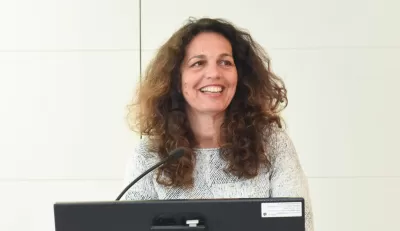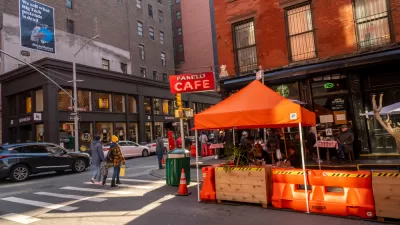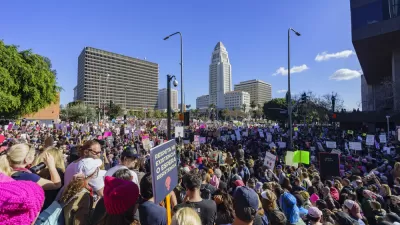Tel Aviv Foundation’s CEO says city leaders need to listen and be patient to learn from the current crisis. Also, large events, festivals, tourists, and crowds won’t be back for some time, but that could be a good thing

The Tel Aviv Foundation, a non-profit organization under the umbrella of Tel Aviv’s municipality, is promoting Tel Aviv technology and forming partnerships with other cities around the world.
As a popular destination for international tourism, Tel Aviv, as many other Mediterranean cities, is facing a significant challenge to its economy.
Nowadays, because of the COVID-19 pandemic, the foundation has put all its efforts into helping the city, the mayor, and the community to minimize the effects of the current crisis.
Samples from an interview with Dr. Hila Oren, CEO of the Tel Aviv Foundation, follow. More is available at the source article.
- "We need not have meetings, we can have a short 30 minute meeting on zoom. We don’t need two hours meetings around a table. We need not go so much out of our houses and build more roads. Look, the roads are clean now. Not everything is good, but some of it has improved."
- "If we go back to 100% the way we were before, then we miss the whole lesson that we need to learn from this. The COVID-19 came to us to give us a lesson. And we have to listen to it. And I’m saying that now, being quiet, we can listen."
- "I’m not so sure if next year we will build as many schools, or as many kindergartens, or as many community centers as we built before, maybe we will understand better, and we can use them in a multifunctional system. And, things that are much more needed are open public spaces. I think those will be in demand and we must have more."
FULL STORY: This crisis will reshape the way we understand city living

Maui's Vacation Rental Debate Turns Ugly
Verbal attacks, misinformation campaigns and fistfights plague a high-stakes debate to convert thousands of vacation rentals into long-term housing.

Planetizen Federal Action Tracker
A weekly monitor of how Trump’s orders and actions are impacting planners and planning in America.

In Urban Planning, AI Prompting Could be the New Design Thinking
Creativity has long been key to great urban design. What if we see AI as our new creative partner?

How Trump's HUD Budget Proposal Would Harm Homelessness Response
Experts say the change to the HUD budget would make it more difficult to identify people who are homeless and connect them with services, and to prevent homelessness.

The Vast Potential of the Right-of-Way
One writer argues that the space between two building faces is the most important element of the built environment.

Florida Seniors Face Rising Homelessness Risk
High housing costs are pushing more seniors, many of them on a fixed income, into homelessness.
Urban Design for Planners 1: Software Tools
This six-course series explores essential urban design concepts using open source software and equips planners with the tools they need to participate fully in the urban design process.
Planning for Universal Design
Learn the tools for implementing Universal Design in planning regulations.
Gallatin County Department of Planning & Community Development
Heyer Gruel & Associates PA
JM Goldson LLC
City of Camden Redevelopment Agency
City of Astoria
Transportation Research & Education Center (TREC) at Portland State University
Jefferson Parish Government
Camden Redevelopment Agency
City of Claremont





























